Masculinity is a social construct, but its constant establishment, deconstruction and re-establishment reflects a socio-cultural landscape of continuously shifting attitudes towards gender convention.
The dynamic evolution of masculinity is a result of changing cultural perspectives and a heightened awareness of fluidity and openness in defining gender roles. In recent decades, traditional masculinity has been exposed to nuances that push outdated stereotypes and embrace more inclusive gender expressions. Gen-Z women are at the forefront of this shift, navigating a history of complex societal changes, changing gender roles, and the effects of feminist ideals on contemporary perceptions of masculinity.
Before the 21st century, historical norms pushed ideas that men should follow set behaviors and characteristics. Traits such as stoicism, dominance, and the suppression of vulnerability became conventional associations with masculinity. But a century of changing attitudes challenged gender conventions, expectations and the perception of identity. By the 21st century, the movement for gender equality mobilized women into the workforce, increased reproductive and educational agency and saw legal protection of women’s rights.
Today, the concept of ‘masculine’ presented in multimedia and digital and pop culture challenges traditional gender expectations. The overt, hypermasculine 90s ideal, personified by figures like Tom Cruise and Brad Pitt, has been abandoned for more dynamic, expressive, and understated forms of masculinity. Male celebrities like Timothée Chalamet, Tom Holland, and Harry Styles have a contemporary appeal far from rigid societal expectations. Gen-Z women have played an active role in promoting their popularity through social and digital behaviors and rejecting outdated masculine ideals.
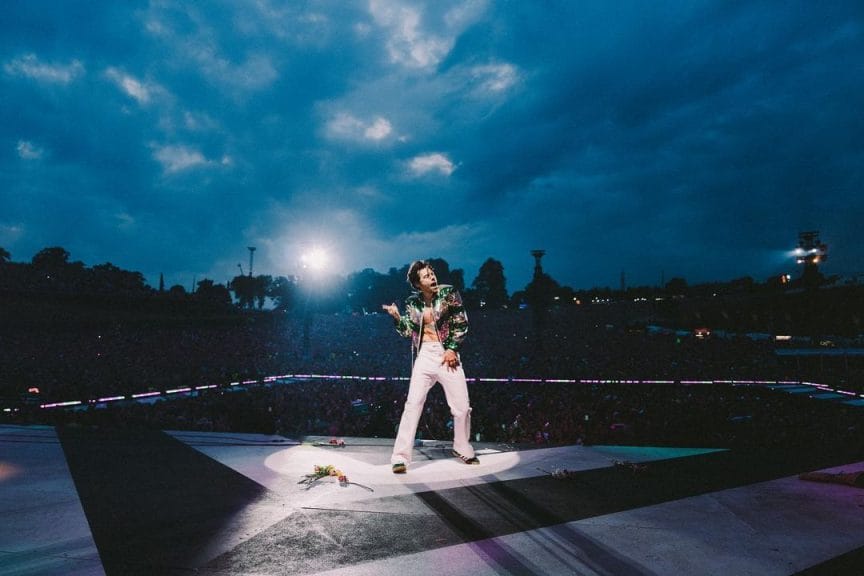
The Impact of Feminism
A shift in societal attitudes began with the digital popularisation of feminism in the contemporary age, marked by key online movements and digital campaigns. Campaigns like #HeForShe by the UN and the transformative #MeToo movement shed light on a pervasive, toxic masculine ideal within society which enabled problematic male behaviour. A movement began to condemn ‘toxic’ presentations of masculinity, linked to dominance, emotional suppression, and aggression. This idea pushed men to follow a narrow and unrealistic set of expectations, leading to negative effects on their mental health and relationships. It also affected male perceptions, treatment, and behaviours towards women.
The increased awareness and rejection of toxic masculinity by Gen-Z audiences became a norm in both digital and real-life spaces. It planted the seeds for a growing movement to redefine masculinity in a light that promoted emotional intelligence, vulnerability, and healthier expressions of identity.
Young girls and women emerged as the leaders of pop culture and multimedia conversations around contemporary masculinity. In the digital space, Gen-Z women lead the trends, fan culture, promotion, video edits and viral content creation in service of contemporary male celebrities. Many traits and values of masculinity celebrated online contrast with the ideals of 90s media heartthrobs. TikTok, Instagram and Twitter are leaders of the cultural phenomenon that has taken actors like Marvel’s Tom Holland, ‘Ladybird’ and ‘Call Me by Your Name’s’ Timothée Chalamet to new levels of idealization. The culture has also maximized the presence of musicians like Harry Styles, who rose to new fame following his ‘Love on Top’ Tour.
The New Masculine
Public figures like Timothee Chalamet and Tom Holland are known not only for their physical appearance but also for their multiple creative talents and engaging persona. These celebrities are symbols of a new wave of masculinity, characterized by qualities such as authenticity, vulnerability, and a departure from traditional physical and behavioral conventions. Timothee Chalamet is more known for his compelling emotional performances with the artistic versatility and depth that he brings to his roles. Likewise, Harry Styles is idolized for challenging gender norms through fashion and musical performances that embrace fluidity and reject traditional masculine ideals.
Beyond their physical appeal, these public figures openly discuss emotional and mental health issues, vulnerable growth experiences and life challenges, which aids progressive discourses on masculinity. The appeal of these young men to Gen-Z women signals changing cultural values for a dynamic masculinity that embraces complexity and authenticity. The fact that Gen Z women are particularly rallying around these male figures indicates that other values matter beyond mere good looks.
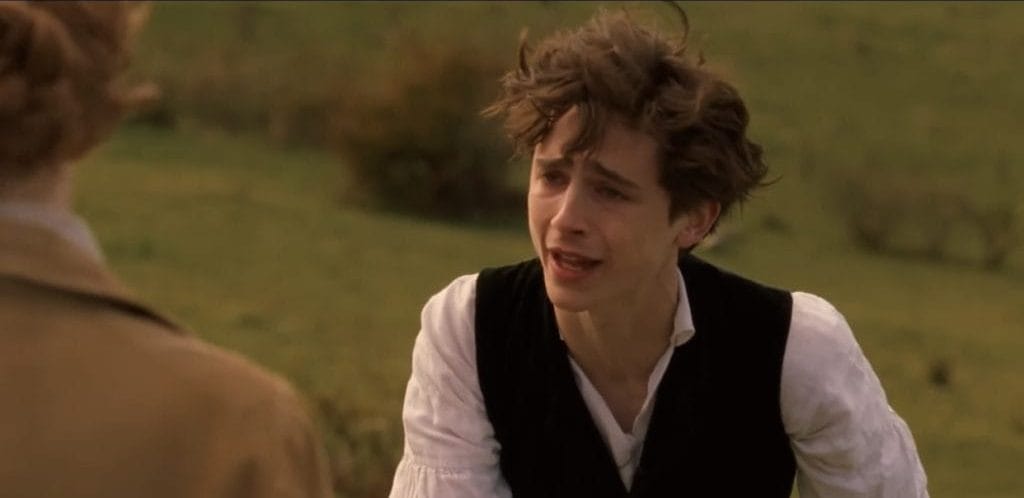
After movements like #MeToo and the Women’s March protests, there are new expectations regarding the behavior, values, and principles of male figures in the public eye. The emphasis on fluidity, emotional intelligence, and departure from toxic masculinity aligns with the growing perspectives of Gen-Z women, who are no longer willing to overlook poor male behavior.
Furthermore, the current landscape bears significant consequences for abuse and misconduct allegations against women. The public fallout of figures like Tory Lanez, Jonathan Majors, and Johnny Depp, particularly among the Gen Z audience, reflects an expectation of accountability and wider intolerance of male chauvinism.”
The Social Media Effect
In the digital landscape, women have turned their passion and creativity into a transformative tool for promoting contemporary representations of masculinity. Gen-Z women also show their appreciation of contemporary masculine qualities through multimedia and online discourse. On social media, Twitter’s unofficial “White Boy of the Month” is one phenomenon that lets the app’s users crown a chosen masculine fixation. Recipients of the status, including ‘The Bear’s’ Jeremy Allen White, gain instant popularity, putting them on a path to success.
For Tiktok fans, dedicated fan-made edits of the latest ‘heartthrob’ have exploded into a mega-viral entertainment culture. Earlier in the year, it was ‘Queen Charlotte: A Bridgerton Story’s’ Corey Mylchreest, whose characterization of mental illness catapulted him into the hearts of social and digital audiences, earning him a million new followers on Instagram.
In these cases, the objects of online idolization display fluid, contemporary masculine values through their creative talent, fictional or literal persona or public image. The positive reactions from Gen Z women are responsible for propelling this ideal further into media, culture, and social consciousness.
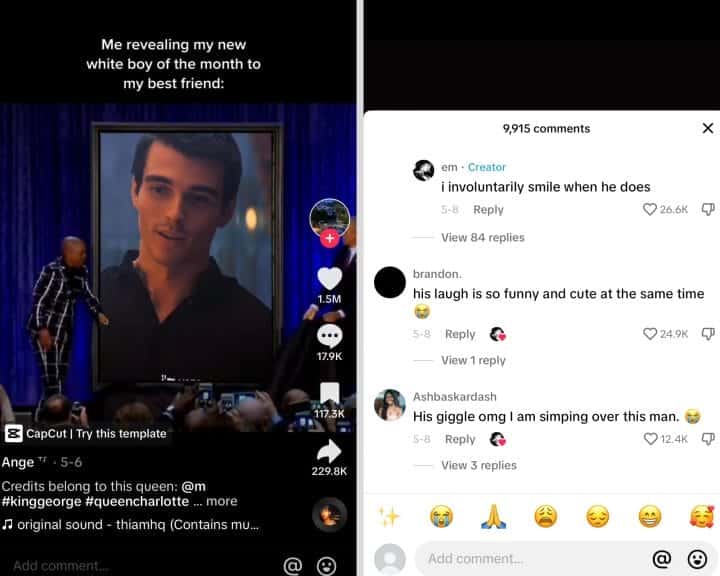
Tradition Versus Convention
However, these diverse representations in media have sparked adverse reactions. As Harry Styles’ popularity and appeal to female Gen Z audiences increased, he faced criticism and controversy for his transgression of traditional gender norms and expression. Many critics took to social media to condemn the “feminization” of men after he graced the Vogue November cover in 2020 wearing a dress.
Criticism has also been directed at the men celebrated online for displaying contemporary masculine ideals. Despite calls for flexibility in all forms of male identity, the internet’s ‘heartthrobs’ lack diversity. Although there are growing changes, the acceptance of contemporary masculine ideals has scarcely extended beyond the demographic of white men.
From a broader perspective, girls and young women lead the movement towards new gender ideals. Their acceptance of positive masculine values, rejection of traditional expectations, and support for fluid representations of masculinity across multimedia and culture have deeply affected the wider social landscape.
As leaders of digital and cultural trends, their advocacy for authenticity, emotional intelligence, and a departure from toxic masculinity plays a pivotal role in creating a more accepting and progressive understanding of what it means to be a man. Gen-Z women have actively reshaped perceptions of masculinity, paving the way for a future that celebrates and embraces diverse expressions of gender identity.


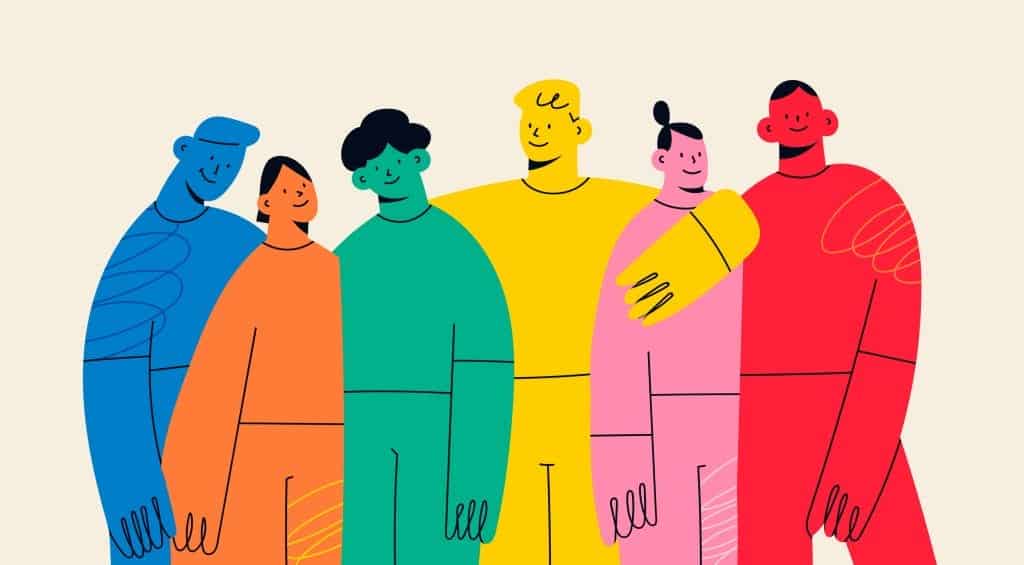




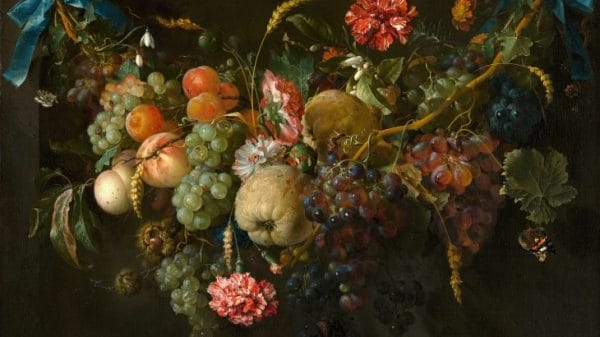

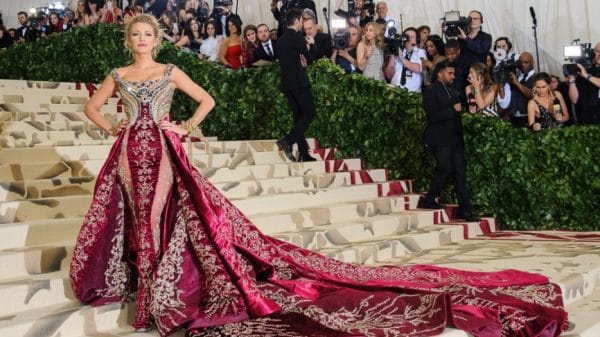




Habiba
December 24, 2023 at 5:18 pm
Lovely work !
Habiba
December 24, 2023 at 5:19 pm
I love reading your work
Vee
December 24, 2023 at 5:24 pm
Brilliant read!
Ilesanmi Ayomide
December 24, 2023 at 10:17 pm
This was such an interesting read!! I love how it highlighted the impact of feminist ideals and the role of Gen Z women in redefining masculinity. It’s incredible to see how these changes have led, and will continue to lead, to more inclusive and expressive forms of masculinity, breaking away from outdated stereotypes and unrealistic societal norms.
Fatimah
December 30, 2023 at 1:45 pm
I love how you capture the minds of the readers through the use of current references that keeps us engaged in the work. Amazing!